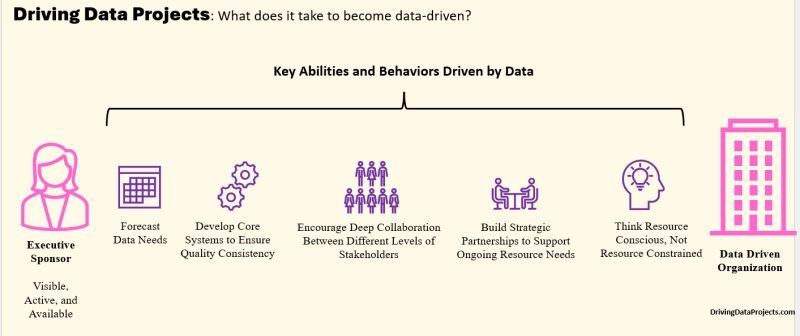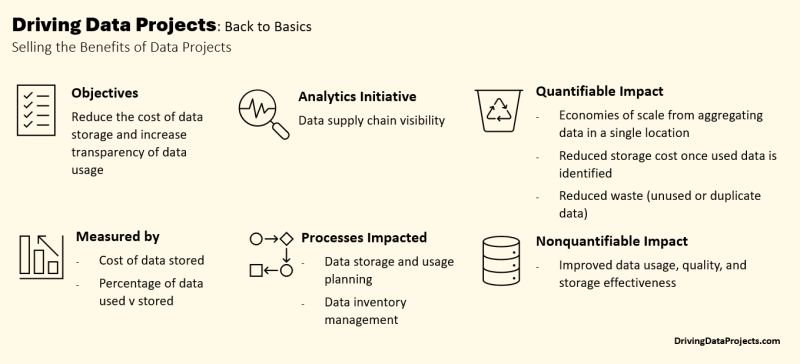
machine, my coworker
We often consider #digitaltechnologies like #dataplatforms #AI and #copilot features as tools. But if we're rethinking the #futureofwork and the future of careers and companies, it's helpful to think of these things as augmenting our efforts. For a copilot, in particular, it becomes a junior coworker or maybe a more senior coworker as the #AIskills get better.

Countdown: Book Excerpt Chapter 2
While a fully funded budget that supports data as a service is an integral part of a data transformation’s financial picture, few are fully staffed or funded. Three-quarters of executives confirm their organization now has some form of data strategy (however rudimentary), but a paltry 16% say they have the skills and capabilities necessary to deliver it. Even though the average staffing budget is growing yearly, finding the skills and capabilities to execute data projects is becoming harder and harder.

Countdown: Book Excerpt Chapter 1
Data has traditionally been managed by a combination of information technology (IT), Operations, and Finance. Over the last ten to fifteen years, the chief data officer (CDO) role has come onto the executive scene. While not yet a universal title, the role of the CDO started by reporting through these functions and is beginning to be considered separate.

What does it take to become Data-Driven?
Since most people don’t know a lot about IT organizations or data teams it’s important to understand why moving from ad hoc efforts to a mature approach to driving data projects makes sense. The timing might not be right (now). Becoming data driven through data as a service requires a serious investment of resources, finances, staff, equipment, services, etc.; scaling efforts will only increase those topline demands. It’s a serious ongoing commitment many organizations find themselves surprised by—even today.

Back to Basics: Selling the Benefits of Data Projects
Data teams should be regarded as intentional business partners because they provide the underlying technology that enables business strategy and maintain data as a corporate asset. They can help educate business partners on the upstream and downstream impacts of poor data quality and they can help cultivate more effective ambassadors for data governance across the organization.